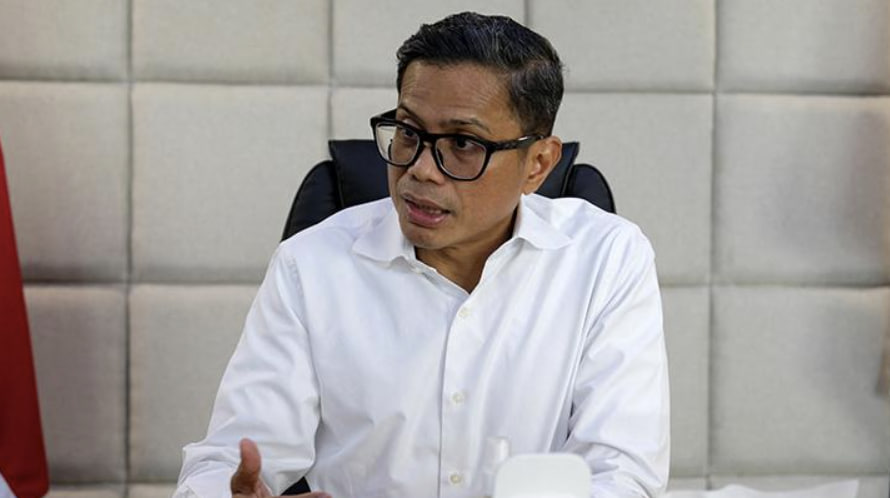The recent engagement between Indonesian Foreign Affairs Deputy Minister Pahala Nugraha Mansury and the representatives of the Council of the European Union’s Working Party on Asia-Oceania (COASI) has illuminated the intricate dynamics of Indonesia’s relations with the European Union (EU). Against the backdrop of geopolitical shifts and economic transformations, this dialogue holds profound implications for the trajectory of bilateral cooperation and strategic partnerships.
Unraveling Strategic Imperatives
At the heart of Indonesia’s engagement with the EU lies a strategic imperative to forge partnerships that are not only robust but also equitable and mutually beneficial. Deputy Minister Mansury’s emphasis on Indonesia’s strategic role underscores the nation’s aspirations to chart its course independently, devoid of external influences. This stance resonates with the ethos of sovereignty and self-determination, which forms the bedrock of Indonesia’s foreign policy framework.
Navigating Economic Realities
The economic dimension of Indonesia-EU relations presents a tableau of opportunities and challenges. While the EU has emerged as a significant trading partner for Indonesia, the asymmetry in trade volumes warrants attention. Despite Indonesia’s market potential and demographic dividend, EU investment in the archipelago remains modest, indicative of underexplored avenues for economic collaboration. Deputy Minister Mansury’s call for innovative collaboration underscores the imperative to leverage synergies in key sectors such as sustainability, digital economy, and innovative financing.
Catalyzing Sectoral Cooperation
The proposal to enhance collaboration in critical sectors such as sustainability, digital economy, and innovative financing signifies a paradigm shift in Indonesia-EU relations. By capitalizing on Indonesia’s strengths in areas like renewable energy, technology, and entrepreneurship, both parties can unlock new avenues for economic growth and prosperity. The Indonesia-EU Investment Attraction Plan, with its focus on sectors such as health, transportation, agriculture, and fisheries, presents a blueprint for catalyzing sectoral cooperation and driving inclusive development.






